
New Earth-moving 6 Ton Construction Machinery Mini Digging Excavator Machine
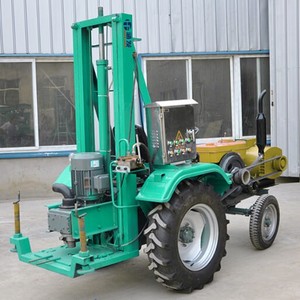
Factory Price Water Well Drilling Rig HF100T Tractor Mounted Deep Hole Rock 24Kw Railer Type Water Well Drilling Machines Tractor Water Drilling Machine


Factory Price Kubota Small Mini Digger Bagger 1ton 2ton Excavator 3.5ton Mini Pelle Crawler Mini Excavator With EPA CE EURO 5


Water Well Rig Drilling Rig 200 Meters Deep Well Drilling Machine Trailer Mounted Water Well Drilling Rig Oilfield Drilling Rig


Factory Directly Supply Small Mini Digger Micro Digger 1 Ton CE EPA 3.5 Ton Mini Excavator 2 Ton Crawler Excavator For Sale

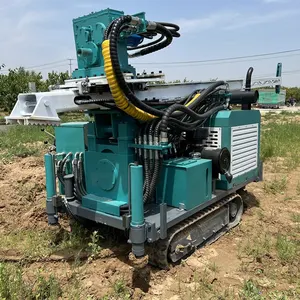
100m 150m 200m 300m HF-300D Crawler Mounted Water Well Bore Hole Diesel Power Drilling Rig Mining Machinery Factory Price

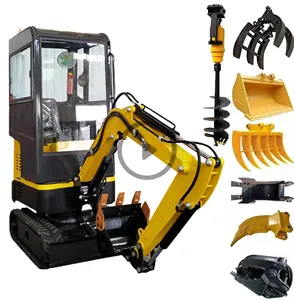
Small mini excavator 1000kg fully hydraulic digger/digging machine

Hot Sale 6ton Hydraulic Digging Machine Big Excavators Heavy Excavator Machine With CE
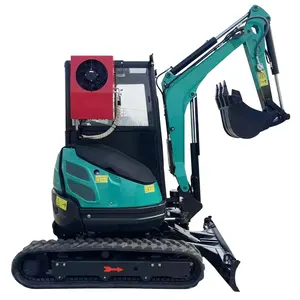
free shipping!!! 0.8 ton 1 ton 2 ton 3 Ton mini Excavator Digging Hydraulic Small Micro Digger Machine Prices for Sale

Tractor Drills 22hp Diesel Engine Mining Borewell 100m Deepwell Water Drilling Rig Well Digging borehole Machine For Rock

TOPWE Professional Earth Auger Drill Chinese Hole Digger 52cc Tree Planting Digging Machines
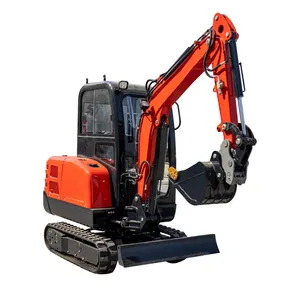
Earthmoving Machinery 1 Ton 2 Ton 2.5 Ton 3 Ton Cheap Price Mini Excavator Kubota Engine Digging Machine Used

7.5ton Excavator Digging Machine for Sale New Excavator SY75C with high cooling performance

HOTOKA gasoline hole digger machine 52cc Tree planting digging machines hole digger earth auger drilling machine without drill
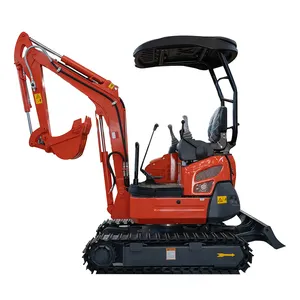
Hydraulic RHINOCEROS XINIU XN18 Digging Machine Small Crawler 1.8 ton Mini Excavator for Sale

Heavy Equipments JG75S-8A Mini Digger For Excavator and High Quality Digging Machine On Sale

China Tree Planting Digging Machines Post Hole 3 Ton Micro Digger Parts Accessories Bucket Crawler Excavators Mini
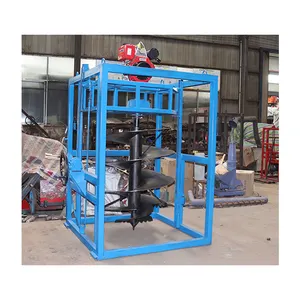
High Quality Geotechnical Drilling Tools Earth Augger 12HP Diesel Digging Holes Machine

Mini Handheld Digging Well Drilling Machine

0.8t 1t 1.5t Compact Digger Excavator China Mini Excavators Small Digging Machine With Various Accessories

China Manufacture Gasoline Earth Drilling Tree Planting Digging Machine Auger Earth Auger Drill Machine

Factory Price Earth Auger For Ground Hole Digging Earth Auger Drilling Machine
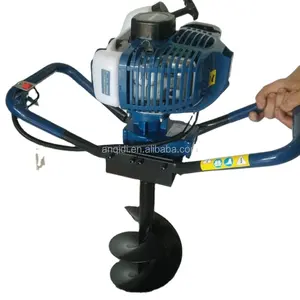
New 52cc gasoline earth auger or single Tree planting digging machine or gasoline post hole digger with CE

Agricultural small excavator 1.8t, 2ton, 4tons indoor ground digging micro hook machine

Shandong Luxin Heavy mini excavator 1 ton 2 tons 3 tons mini excavator for sale home ditch digger agricultural tillage machinery
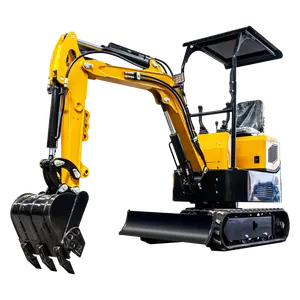
TLTCM New Chinese 1.2T 1.5T 2T Mini Excavator 1Ton Hydraulic Crawler Excavator Bagger Digger Earth Moving Digging Machine

New Design Professional Digging Hole Machine CNC Tripod Drilling Digging Machine
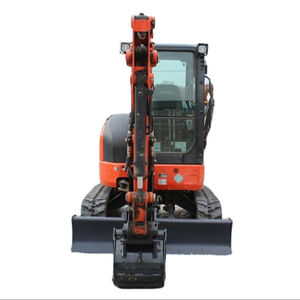
Kubota U35-4 Hydraulic Mini Excavator Crawler Digging Machinery

300m depth side hole water well digging drilling machine mining hydraulic bore water well drilling rig machine price
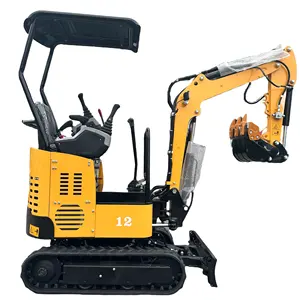
hot sale CE EURO5 Epa Engine garden mini Crawler excavator 1.2t 1.5t 1.8t 2t hydraulic digging excavator machine

New EPA/EURO Hydraulic Mini Crawler Excavators 0.6 Ton Digging Small Micro Digger Machine

High-efficiency walking tractor drilling rig excavator column hole auger high-power drilling rig digging machine

Portable Punching Machine Planting Tree Burying Pillar Digging Machine Construction Greenhouse Drilling Machine

Automatic Forming Ditch Water Canal Forming And Digging Machine Irrigation Works Canal Machine

Two Stroke Tools & hardware > power tools > power earth augers/mini digging machine
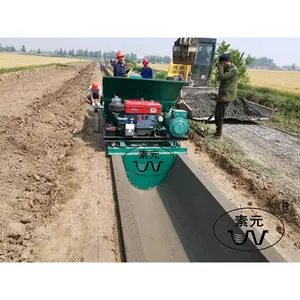
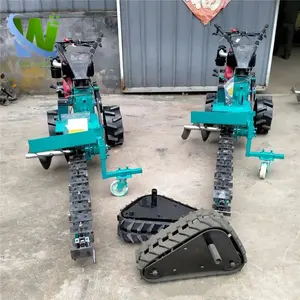
trencher ditcher single double chain ditch digging machine hand-plush agriculture farm garden ditching witch machine

Neweek fruit tree excavator orchard driller ground drilling planter digging machine

Used construction equipment Komatsu138 Crawler Excavator machine earth-moving machinery Digging Machine for sale
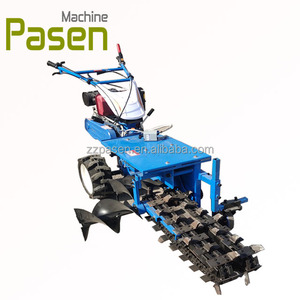


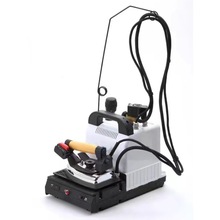

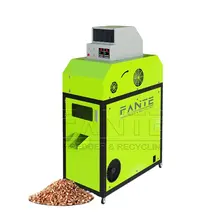
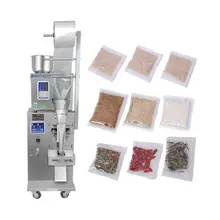

















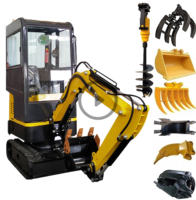










 浙公网安备 33010002000092号
浙公网安备 33010002000092号 浙B2-20120091-4
浙B2-20120091-4